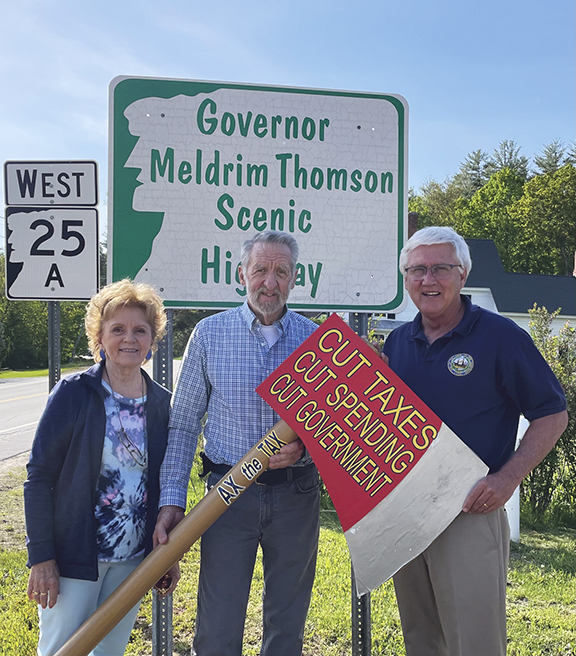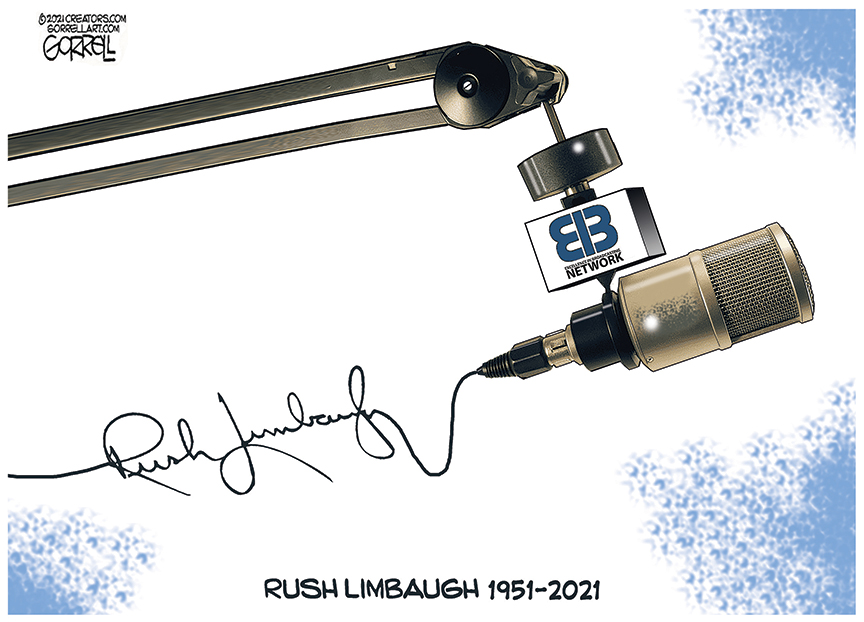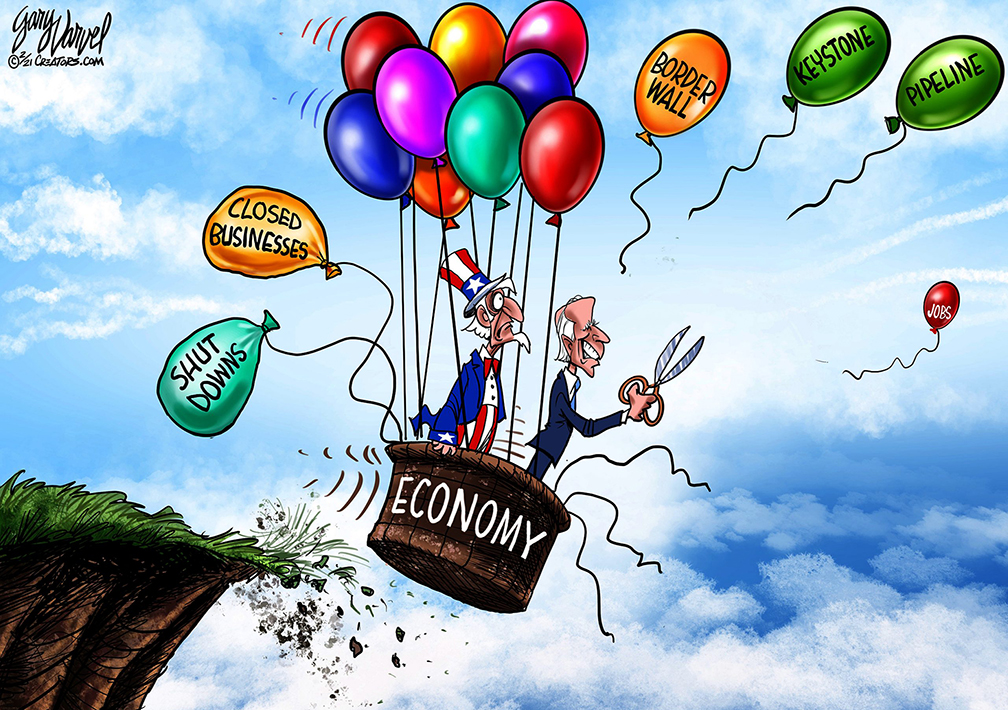Donald Trump’s Road To Morocco


by John J. Metzler
Weirs Times Contributing Writer
In another stunning breakthrough for Middle East peace, the Kingdom of Morocco has recognized Israel. The latest diplomatic deal was orchestrated in the waning weeks of the Trump Administration but built upon September’s surprising Abraham Accords where three other Arab countries, including the United Arab Emirates, Bahrain, and Sudan put long standing political enmity aside and recognized the state of Israel.
But contrary to U.S. diplomacy with many other regional states, Donald’s Trump’s road to Morocco is based on deeper shared history and friendships.
As Secretary of State Mike Pompeo underscored, “In 1777, Morocco was the first country to grant diplomatic recognition to the United States of America. That same year, Morocco opened its ports to the ships of the new American republic, allowing us to engage in trade and commerce and supporting our fight for freedom. Our friendship has endured.”
Few people are aware that the port city of Tangier hosts the oldest American diplomatic property in the world, and the only U.S. National Historic Landmark located outside the United States, the Tangier American Legation.
Washington maintained historically good ties with Morocco which were leveraged to complete one of the last pieces of the peace puzzle, Saudi Arabia notwithstanding. But as importantly and largely overlooked in the media, the United States has equally recognized Morocco’s disputed claims to the Western Sahara, a huge largely desolate territory, which remains in a political limbo awaiting a long sought UN referendum.
Since 1991 the UN has maintained the MINURSO peacekeeping mission in the desolate region to administer a future referendum on its status.
The U.S. decided to open a Consulate in the southern Atlantic port of Dakhla, which is deep inside Western Sahara, as a vote of confidence to regional development. Significantly, the USA maintains a Free Trade agreement with Morocco, the only such agreement in Africa.
Moroccan Foreign Minister Nasser Bourita hailed U.S. recognition of Western Sahara’s “Moroccan identity” as a “historic diplomatic breakthrough.”
King Mohammed VI’s declaration that he will normalize ties with Israel has “had the impact of a Tsunami” says the head of the Council of Jewish Communities in Morocco, was quoted in Israel Hayom newspaper.
Indeed even skeptics of the Mid-East peace process are surprisingly amazed by the speed of the American diplomatic breakthroughs in a region market by mistrust and static policy positions.
The Trump team was able to offer a number of business incentives, political support on the long frozen Western Sahara dispute, to assuage the skepticism of many Moroccan politicians towards better ties with Israel at the alleged expense of the Palestinians.
Morocco, Israel and the U.S. have long shared discreet security and intelligence cooperation.
“There have been strong ties between Morocco and the Jewish people throughout the entire modern era,” Israeli Prime Minister Benjamin Netanyahu said.
A former French protectorate, Morocco has been long hailed as a moderate Moslem country in North Africa’s Maghreb, contrary to places such as neighboring Algeria. Typically political rapprochement between Rabat and Paris works smoothly so we may assume that Washington’s bold initiative was not done behind anybody’s back or as a surprise to the French.
While Morocco is overwhelmingly Sunni Muslim, the country hosts an small but ancient Jewish community numbering 4,000. Back during French rule the numbers stood near 250,000. Almost one million Israelis are of Moroccan descent. Morocco’s constitution states, “the country is a Muslim state, and Islam is the religion of the state…Religions other than Islam and Judaism are not recognized by the constitution or laws,” according to the State Department’s Report on International Religious Freedom. Morocco’s tiny Christian community is free to practice.
The left wing nationalist Polisario movement, heavily depending on support from Algeria, has long opposed the Sahara’s incorporation into the Moroccan Kingdom; the Polisario runs bases and camps for tens of thousands of displaced militants and Sahrawi refugees. The largely exile Sahrawi Arab Democratic Republic, which Polisario proclaimed in 1976, claims the resource- rich region which was once under Spanish rule.
Algeria’s Prime Minister Abdelaziz Djerad warned, “There are foreign maneuvers which aim to destabilize Algeria,” adding, “There is now a desire by the Zionist entity to come closer to our borders,” he told the news site France24. President Trump’s move caught Algeria off balance. It equally blindsided the Palestinian Authority who naturally sees the move as a grand sellout by Arab Morocco. Moreover Russia decried the landmark deal as illegal.
Donald Trump has revitalized American ties in strategic Morocco and has significantly upgraded the American presence in this pivotal North African land.
John J. Metzler is a United Nations correspondent covering diplomatic and defense issues. He’s Author of Divided Dynamism The Diplomacy of Separated Nations; Germany, Korea, China.



